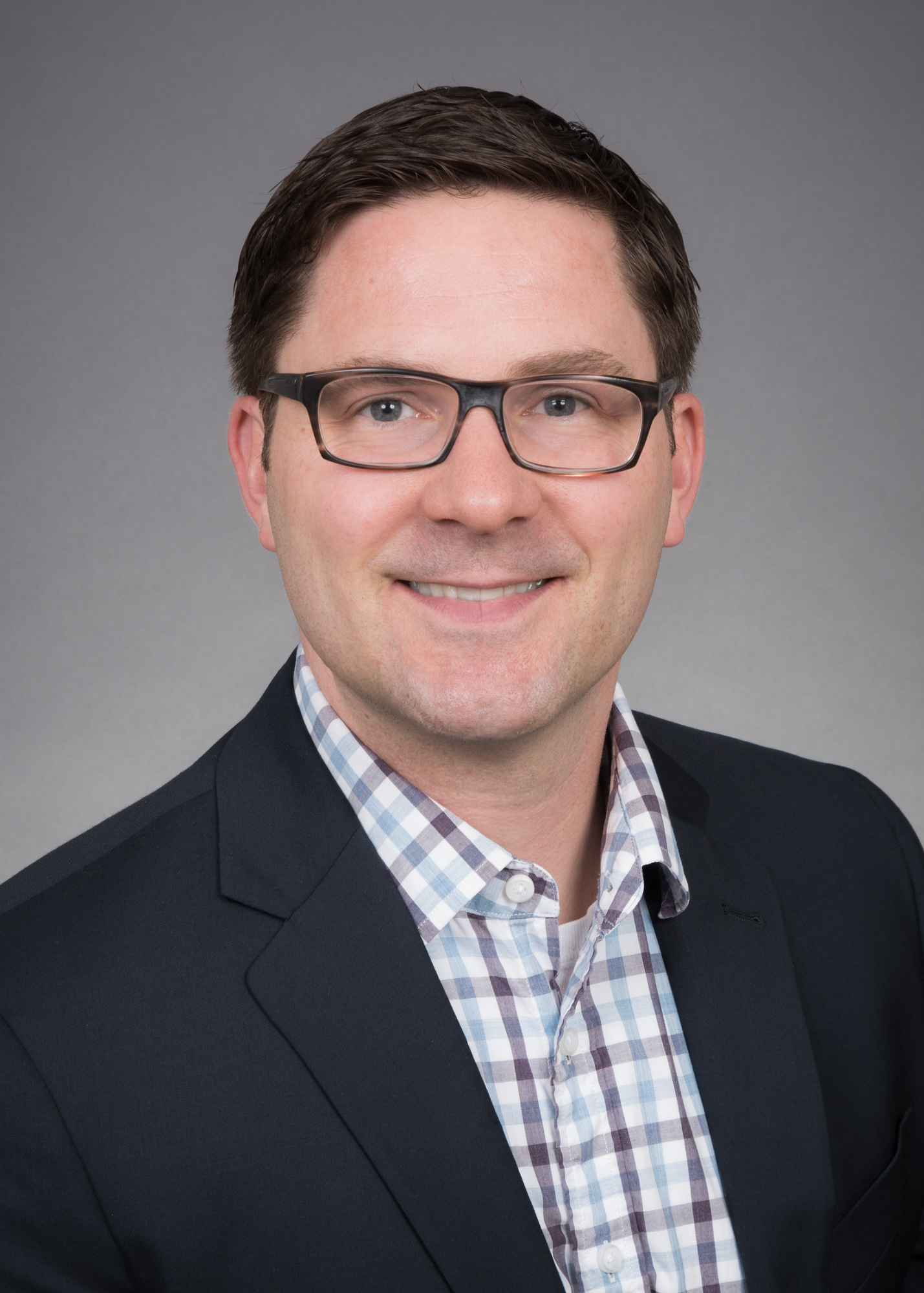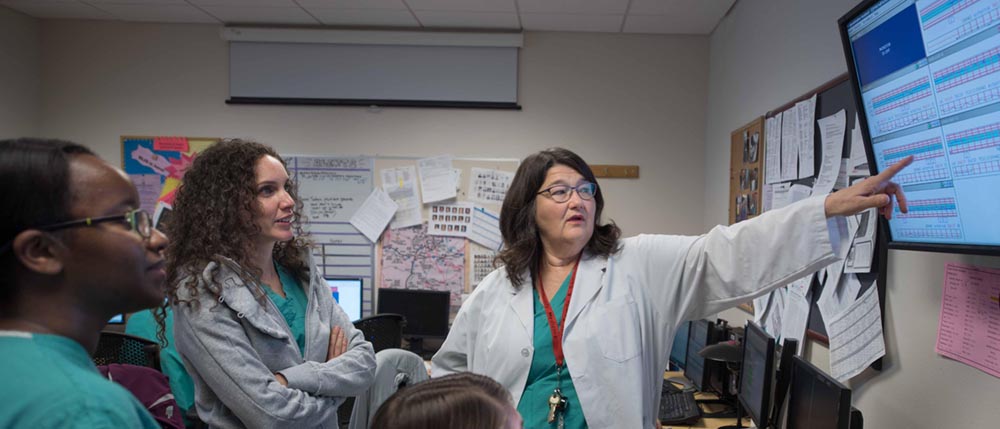Project ECHO Telementoring Helps Providers Improve HIV Outcomes for Their Patients
Patients living with the human immunodeficiency virus have better outcomes when their providers participate in Project ECHO’s telementoring sessions, according to a recently published study.
Specifically, patients whose providers attend ECHO sessions have greater viral load suppression rates, which is key to positive health outcomes. Patient access to knowledgeable practitioners is key to maintaining strong viral load suppression.

“Through virtual, multidisciplinary, educational clinical discussions and team-based problem solving, Project ECHO has the potential to contribute significantly to ending the HIV epidemic,” said Brian Wood, MD, lead author of the study published in the Journal of Acquired Immune Deficiency Syndrome in June 2022.
The results were particularly strong for providers who see relatively few patients with HIV. At its core, Project ECHO connects experts with health care providers in rural and under-resourced communities so they can learn best-practice care; patients benefit by receiving specialized care in their hometown instead of traveling long distances.
“These results are a game-changer for us,” said Sanjeev Arora, MD, director and founder of Project ECHO. “Although this study is in the United States, it has global implications. I’m thrilled about Project ECHO’s potential impact on outcomes for HIV treatment.”
The World Health Organization estimates that nearly 38 million people were living with HIV by the end of 2020.
“By increasing the number of providers participating in Project ECHO’s model, we can meet the growing need for community health infrastructure and workforce capacity to end the HIV epidemic,” Arora added.
In addition to the improved patient outcomes, “Project ECHO helps HIV providers feel more connected to a community of practice, more confident providing essential aspects of HIV care, and less professionally isolated,” Wood noted.
About Project ECHO
Since 2003, Project ECHO’s telementoring model has been used to tackle the world’s greatest challenges in health care, education and more. Headquartered at The University of New Mexico Health Sciences Center in Albuquerque, Project ECHO is empowering local communities to improve the well-being of people around the world. Join us today, in our mission to touch 1 billion lives by 2025.


